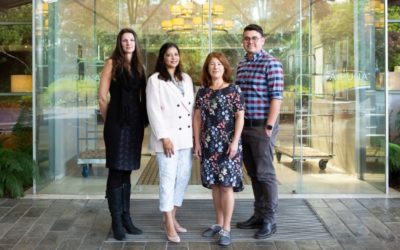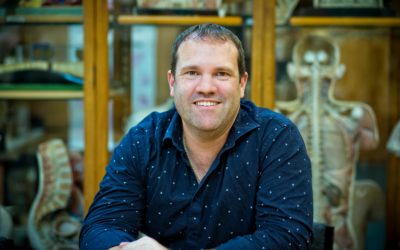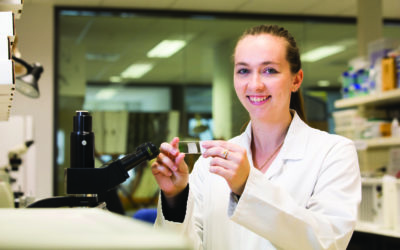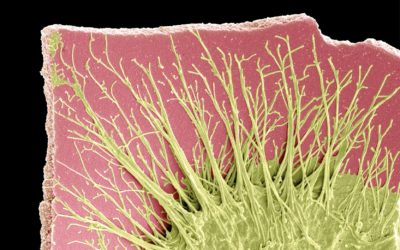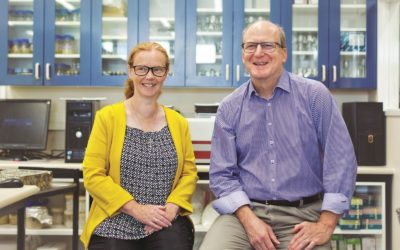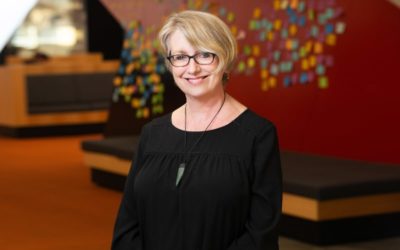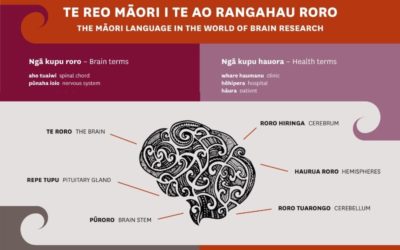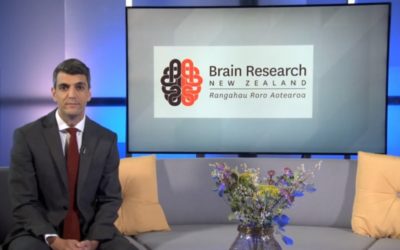There are said to be more than 60,000 people living with dementia here in New Zealand. But did you know that this number is only an estimate, based on statistics from other countries? To date, there has never been a dedicated, nationally-representative study into the...
Your Brain Health
Sophie Mathiesen: Trialling a new treatment for Alzheimer’s disease
“I can’t really remember a time that I wasn’t interested in science,” Sophie Mathiesen (Ngāpuhi) says. “My dad has a background in engineering and mum in chemistry, so they were always keen to help with the elaborate projects I designed.” In high school, Sophie...
Preventing stroke through coaching
Each year, stroke shortens the lives of millions of people across the globe – it is the second most common cause of death and disability worldwide. But according to BRNZ investigators, Dr Rita Krishnamurthi and MacDiarmid Medal winner, Prof. Valery Feigin, the...
A cellular approach to stroke recovery
Every year in New Zealand, around 9000 people have a stroke, and as our population ages, that number is expected to rise. In many cases, those affected never recover fully and disabilities can last decades. This is why BRNZ researchers have been working on all aspects...
Dr Helen Murray: The best of both worlds
Helen’s love for science started when she was very young, a spark ignited by her dad. “We would sit down and he would teach me about molecules as a little six year old,” Helen says. “I think that’s my earliest memory of science.” As a teenager, when her dad got sick...
Knocking out proteins on the hunt for treatments
In Prof. Mike Dragunow’s lab at the University of Auckland, they grow human brain cells – everything from star-shaped astrocytes and neurons, to the focus of his latest research paper, microglia – the brain’s “surveyors”. For the past twenty years, BRNZ Principal...
A very special protein: Reducing deficits in Alzheimer’s disease through gene therapy
Alzheimer’s disease, the most common form of dementia, is a degenerative brain condition that progressively impairs memory, thinking and reasoning skills. It is estimated that it affects 10% of New Zealanders over 65 years and 25% of people over 85. Currently,...
Could sheep hold the key to unlocking Alzheimer’s?
“Our animal models wander around in paddocks, eat grass, and are well cared for. In many ways, they’re just normal sheep,” says BRNZ Principal Investigator, Prof. Russell Snell. But those sheep are special, because they’re helping Russell and his colleagues at the...
Te Tino Rangatiratanga o te Mate Ikura Roro: Empowering Stroke Survivors
A recent study undertaken in Auckland concluded that while there is a moderate level of community stroke knowledge overall, this varies by ethnicity, and stroke awareness levels amongst Māori are particularly low. With the Māori population living longer, and thus...
Creating Connections at Te Matatini 2019
From the very beginning of Brain Research New Zealand – Rangahau Roro Aotearoa (BRNZ), it has been our aim to partner with Māori to help improve Māori health outcomes and to support the development of a thriving Māori neuroscience and healthcare workforce. Engaging...
BRNZ Releases Poster for Te Wiki o Te Reo Māori
The theme of 2018's Wiki o Te Reo Māori is "Kia kaha te Reo Māori", let's make the Māori language strong! One of Brain Research New Zealand's key strategic goals is to partner with Māori in a meaningful way. To do this - and to play our little part in making the Māori...
BRNZ presents film segment for ‘Every Three Seconds’
We proudly present Brain Research New Zealand’s contribution to ‘Every Three Seconds’, a news and current affairs style programme that explores the risks, growth and future response to dementia. It tells the stories of those who are impacted by dementia and those who...
